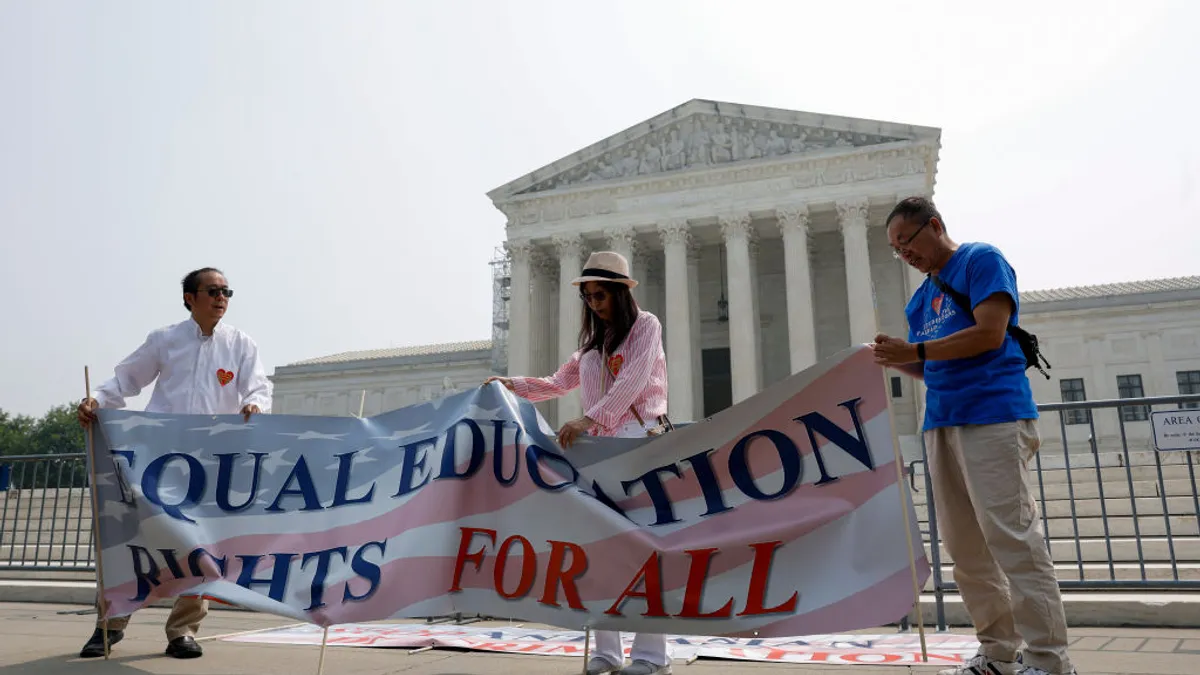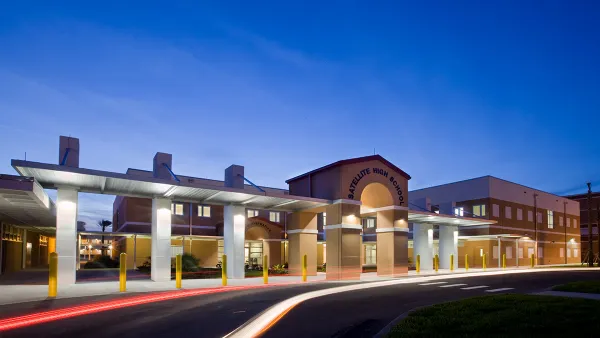On the first day of its 2023 term, the United States Supreme Court on Monday declined to hear at least six cases brought against various public school entities.
Cases rejected for oral arguments include one against the Colorado State Board of Education on whether a charter organization can request judicial review of school boards' decisions to reject a charter application under state law.
The high court also turned down a case alleging Minneapolis Public Schools violated the Americans with Disabilities Act when firing an elementary school dean who sought accommodations for his asthma.
In recent terms, the court has packed its docket with a number of controversial cases impacting K-12. The outcomes of those cases raised concerns about the impact on traditional schools' goals around inclusivity and equity for a diversifying student population.
Most recently, the Supreme Court decided to overturn race-conscious admissions in a case against Harvard University and the University of North Carolina at Chapel Hill, which is expected to impact diversity efforts in the college applications process.
Public schools and high school counselors, as well as higher education institutions and programs, are still navigating with the fallout from that decision.
Between its 2020 and 2022 terms, the Supreme Court also weighed in on cases related to the broader management of K-12 schools, including charter and private schools. Two of those — Carson v. Makin and Espinoza v. Montana Department of Revenue — opened the door for private institutions to access public funding regardless of their religious use or status.
Those decisions prompted the creation of the nation's first religious charter, St. Isidore of Seville Virtual Charter School in Oklahoma.
A lawsuit seeking to block its operation claims the religious virtual charter will discriminate based on religion, sexual orientation, gender identity, disability and other factors. The lawsuit reflected public education advocates' worries that recent Supreme Court decisions have blurred the line between separation of church and state in public schooling.
Another controversial decision from the last term weighed in on prayer in public schools.
Despite its decision Monday to reject a handful of cases related to public schools, two that could impact public school management and oversight remain to be heard by the Supreme Court this term so far, on Oct. 31.
The Supreme Court agreed in April to hear the two related social media cases — O’Connor-Ratcliff v. Garnier and Lindke v. Freed — back-to-back at the end of this month.
Together, the cases will determine whether a public figure — such as a school board member, in the Garnier case — is acting in their capacity as a government employee and violating the public's First Amendment rights when they block a member of the public from accessing their personal social media accounts.
The oral arguments will come at a time when educators have noted deep political divisions within their communities and among key stakeholders like parents.















